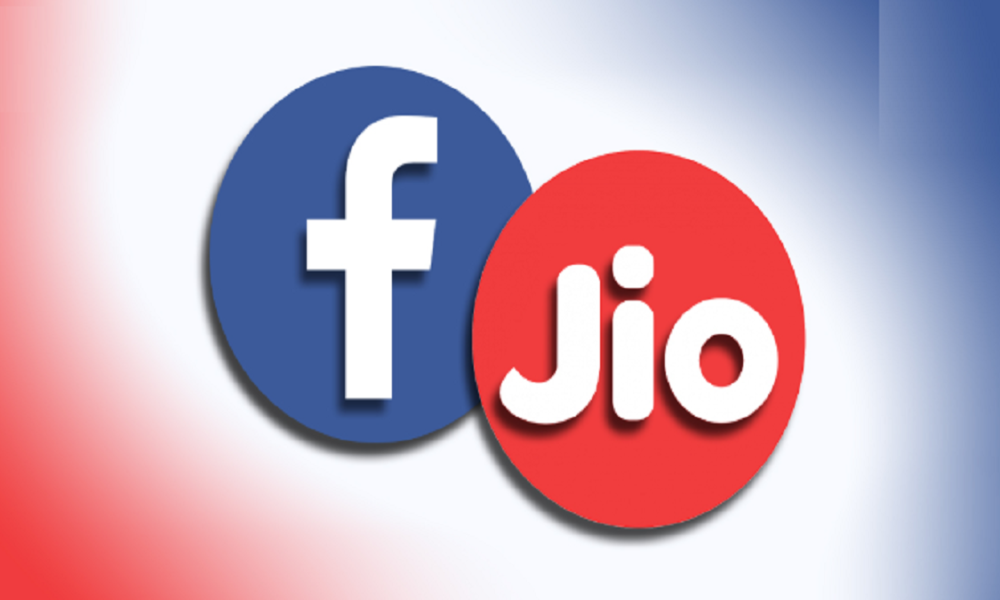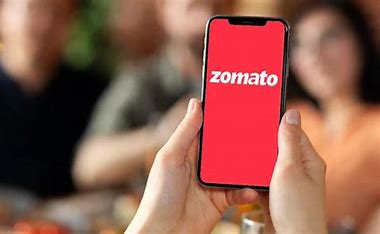The Indian telecommunication sector has traversed an arduous path, from being a monopolistic market to gradually transforming into a sector dominated by private players. The Government, which was a key participant, has transcended to a purely regulatory role.
The Indian telecom industry, has been rapidly transforming, the journey has been disruptive and eventful, with huge debts, declining revenues and mounting losses. With the entry of Reliance Jio in 2016, the key market players struggled to remain competitive amid increasing pressure on subscriber base, decreasing revenues and lower costs. Amongst the chaos the industry witnessed a wave of consolidation. Many small operators like Reliance Communications Ltd. and Aircel have been completely wiped out. Other minor players such as Tata Teleservices and Telenor were acquired by Bharti Airtel while Idea Cellular got merged with Vodafone India.
As per the Telecom Regulatory Authority of India (TRAI), India hit the 1 billion mark for its mobile subscriber base in October 2015. However, the world has moved on now and what matters more is ‘data’. Smartphones, coupled with increasing data usage among consumers/subscribers, have emerged as the new age ‘trading platforms’ facilitating trade and business transactions. With the increasing penetration of smartphones, Reliance Jio was the first to recognize this opportunity by introducing affordable data packs and free voice calls. This resulted in a decline in average revenue per user (ARPU), triggering intense price wars and denting profitability of most other telecom operators.
After creating transformational waves and disruption in the Indian telecom sector, Reliance Jio is again creating headlines, with Facebook Inc. announcing the largest ever FDI in Indian technology sector. This mega-deal is expected to have major implications on India’s retail and internet landscape.
Facebook-Jio deal
On April 22, 2020, Facebook entered into a nonexclusive deal with Jio Platforms (a subsidiary of Reliance Industries Ltd.) and bought a 9.9% stake in Reliance Jio for Rs. 43,575 crore (USD 5.7 billion). The investment makes Facebook the largest minority shareholder in Jio Platforms. Simultaneously, a commercial partnership agreement has also been signed between Reliance Jio, Reliance Retail and WhatsApp, for Reliance’s e-commerce platform JioMart. This arrangement intends to offer consumers the ability to access the nearest hyperlocal grocery stores (kirana stores), which would home deliver products and services to consumers by transacting with JioMart using WhatsApp Pay. Although, Facebook, WhatsApp and Instagram are all household names in India, WhatsApp which boasts of a 400 million user base across India (the highest anywhere in the world), is likely to be the dominant player offering B2B services. Thus, the entire deal revolves around the development of e-commerce and e-payment business in India.
This could be the transformation of JIO from a pure play telecom player to emerge as a full service digital company, including and not limited to e-commerce, fintech, telephony and media.
• The deal intends to make WhatsApp Pay the go-to payment solution for consumers and businesses.
• Facebook will also be exploring ways to launch its Facebook Pay feature offered through Messenger, WhatsApp and Instagram, or integrate it with WhatsApp Pay and offer more features.
• Further, Facebook-Jio could be creating a super app in the country where users can complete the entire business process from marketing to accepting the payment.
• The deal is expected to turn over the digital payments sector, crowd out small players and drive consolidation.
• Because of Facebook’s Libra cryptocurrency service, this deal could be a step further for experimenting crypto-based payments and blockchain technology on a large scale in India.
Key takeaways for Facebook:
It is a known fact that Facebook has been struggling to get legitimacy for WhatsApp Pay in India for a very long time. The partnership with Reliance could help Facebook navigate the regulatory environment in India. More importantly, the deal marks Facebook’s longpending formal entry into India’s telecom sector and will give Facebook direct access to Jio’s 370 million subscribers and a strong foothold into India’s booming mobile market.
Key takeaways for Reliance Jio:
The deal pushes ahead Reliance Group’s plans of deleveraging its balance sheet by cutting down Reliance Industries’ debt. At the same time, this new partnership will accelerate Jio’s planned launch of a nationwide JioMart e-commerce platform and integrating it with the WhatsApp Pay platform for digital payments and thus channelizing hyperlocal digital e-commerce in India.
Key takeaways for Consumers:
Going forward, this unprecedented deal could make smartphones as the ultimate ‘trading platforms’ catering to each and every need of a consumer – from calling, messaging and sharing documents to booking tickets, buying groceries, shoes, apparel or even jewellery, making payments and transferring money to getting loans and filing returns. On the other hand, with such intense competition on the telecom front, telcos will have little choice but to upgrade the quality of their networks and services.
Key takeaways for the Economy:
The deal has bolstered confidence about potential of Indian economy which has been highly endorsed by this financial partnership. At a time when the COVID 19 outbreak has thrown the world economy in shambles, the country’s digital ecosystem will get a massive boost when contactless and cashless payments are being promoted to maintain social distancing for curbing the spread of COVID 19.
Implications for India’s e-commerce and e-payments industry:
Although India’s grocery market is highly profitable, it is fraught with big competitors like Amazon Pantry, Walmart backed Flipkart and BigBasket that are struggling to create a market share in this field. However, there is a huge potential value associated with India’s hyperlocal grocery stores (kirana stores) which the FacebookJio deal is seeking to tap. As per Retailer’s Association of India, India’s grocery industry is valued at $ 375 billion. This deal will empower 3 crore small kirana shops to digitally transact in their neighborhoods. Going forward, JioMart with the help of WhatsApp Pay could become a huge competitor in e-commerce industry while deep-pocketed e-commerce giants like Amazon and Walmart-owned Flipkart will find it hard to compete with Jio-Facebook as they lack the advantage of customer data.
In addition to strategic business advantage, the deal was perfectly timed to foray into the government-sanctioned payment infrastructure with digital payments on a rapid rise in the wake of the ongoing COVID 19 pandemic. Both companies have payment apps namely, WhatsApp Pay and JioMoney that can together dominate the market. This deal provides adequate leverage to these apps to effectively compete against recognized FinTech players such as PhonePe, PayTM, Google Pay and Amazon Pay in the Indian digital payments space.
The Way Ahead:
Reliance Jio and Facebooks coming together carries a lot of promise. The profit maximization from the Jio ecosystem (which comprises affiliated services such as Jio TV, Jio Payments Bank, JioMoney, JioSaavn, Jio Fiber, JioMart, JioMeet and others) could become historical, and with the recent investment from Facebook, the two giants’ combined synergies and vision including arsenal of infrastructure and availability of deep data, which can be analyzed to interpret and predict user behavior patterns in a more accurate manner could lead to changing and enhancing the consumer experience in the country.
In addition to Facebook, Silver Lake Partners, Vista Equity Partners, General Atlantic, KKR and Mubadala have also recently acquired 1.15 per cent, 2.32 percent (approx.), 1.34 percent, 2.32 per cent and 1.85 per cent equity stake respectively in Jio Platforms. The investments, joint venture and strategic partnerships by all the reputed global players in tech, financial services, retail and funds in the Indian market space is a befitting acknowledgment to our technocrats, professionals and industry and the story of digitization.
Pursuing his vision of a more connected, cohesive and vibrant digital India, Mukesh Ambani, Chairman of Reliance Industries Limited is the toast for the business community in the country. He’s also transforming Reliance from being a conglomerate largely focused on traditional sectors to a new-age tech and digital giant. Not to forget, out of all the telecom companies, Reliance Jio is the only one that has successfully managed to reposition itself as a truly digital company with a three sixty degree spectrum of services.
There is no question about the substantial impact that this mega-deal will have on India’s retail and internet landscape, however, a number of concerns like impact on net neutrality, competition and data privacy issues, have also emanated from this deal. Collectively, the companies will have access to a massive repository of data and are likely to be closely scrutinized by the Competition Commission of India and TRAI.
The synergy between Reliance Jio and Facebook will also help realize India’s “Digital India” mission. The deal includes coming together of two highly capable, highly credible and highly penetrated partners who can not only accelerate the digital revolution but also make it more integrated with entire India.
It is indeed a shot in the arm for the economy, the industry especially in the time of COVID and a big win for the consumer.
Siddhartha Kumar is partner, Dua Associates. Kritika Sharma is Senior Associate, Dua Associates.






